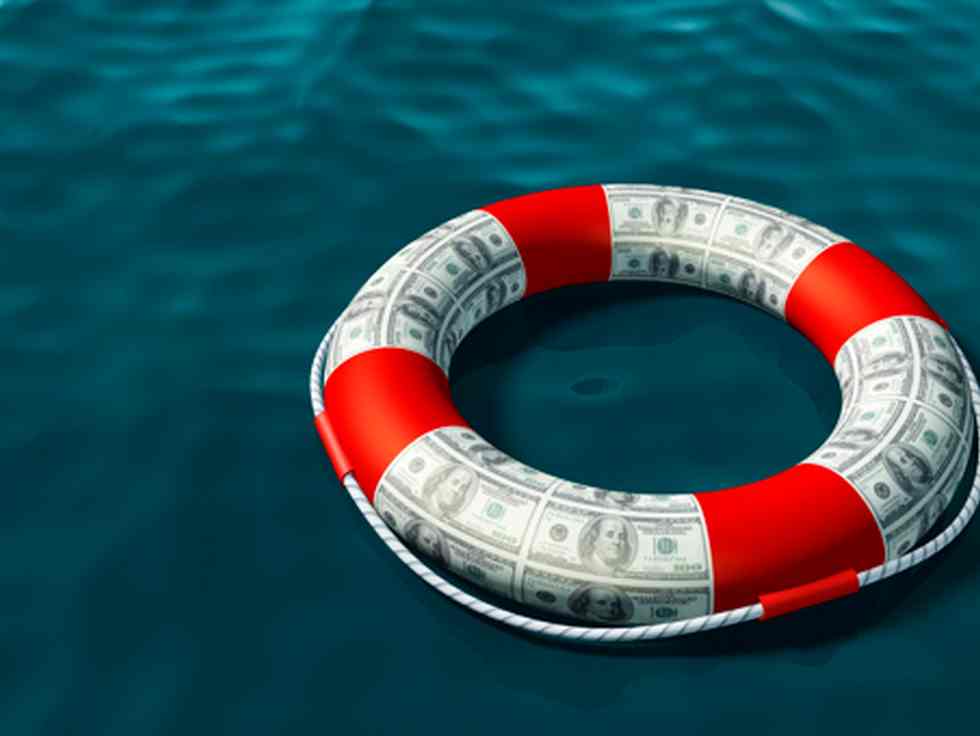3 Instances Chapter Is the Proper Transfer

Submitting for both Chapter 13 or Chapter 7 chapter will value you, reducing your credit score rating by 100 factors or extra. This can make qualifying for brand new bank cards, a mortgage mortgage, auto mortgage, or private mortgage practically unimaginable, a minimum of for a number of years after you file. However that does not imply that submitting for chapter isn’t the precise resolution.
"We take a look at chapter as a final resort," stated Leslie Tayne, a debt-relief legal professional and founding father of Tayne Legislation Group in Melville, New York. "However generally I do advise folks to file for chapter. When paying off debt would go away you with no cash left over to place meals on the desk, if it means you possibly can’t pay your mortgage, if there may be nothing left over, that is catastrophic, after which it is sensible to file for chapter."
However Tayne warns that submitting for chapter should not be taken evenly. Doing so will injury your credit score for as much as 10 years. But when there aren’t any different choices? There are 3 times when submitting for chapter safety does make sense.
Chapter 13 or Chapter 7? Know Earlier than You File
Earlier than you do file for defense, you might want to know the implications. There are two essential kinds of chapter safety that buyers can usually entry: Chapter 13 and Chapter 7.
In Chapter 7, you do not repay your money owed underneath a fee plan. As an alternative, a chapter choose handles the promoting of your nonexempt belongings to lift sufficient cash to pay again a minimum of a few of your money owed. Your private home could be protected underneath Chapter 7 chapter, but it surely’s essential to examine with an legal professional first.
Beneath Chapter 13, a chapter choose units up a reimbursement plan. Beneath this plan, you pay again some or your whole money owed, however at a price — and with month-to-month funds — that you could afford.
Each types of chapter will often drop your credit score rating by 100 factors or extra. However Chapter 7 chapter stays in your credit score report for 10 years, whereas Chapter 13 falls off after seven.
Lenders will see your chapter submitting each time you apply for a bank card, mortgage, automotive mortgage, pupil mortgage, or every other type of debt. You’ll battle to get lenders to approve your functions — a minimum of for the primary a number of years after submitting for chapter safety — and can usually should pay larger rates of interest when lenders do resolve to mortgage you cash.
When, then, does taking this credit score hit make sense?
1. Your Liabilities Are Extra Than Your Belongings
Tayne says that chapter is usually the most suitable choice when shoppers owe a lot that their liabilities are far larger than the worth of their belongings. In such instances, it may be practically unimaginable for shoppers to meet up with their money owed.
"If revenue is much lower than bills, if there isn’t any finish in sight even when I assist them reduce their bills, then chapter could be the one choice," Tayne says. "If their revenue won’t ever allow them to meet the necessities to pay even the minimal quantity of what they owe every month? Then chapter could be their solely selection."
2. Negotiations Did not Work
Earlier than submitting for chapter, you need to all the time attempt to negotiate together with your collectors. Many could be keen to cut back the amount of cash you owe them if you happen to can show that you’re struggling financially. To show this, you may need to ship your collectors copies of your most up-to-date paycheck stubs and financial institution statements, something that can show that your revenue has fallen or that your financial savings are depleted.
But when your collectors will not negotiate with you, you may need no different choice however to file for chapter safety. When you do file, a chapter trustee will take over the duty of negotiating with the folks you owe. These skilled negotiators may need extra success convincing collectors to forgive a minimum of a few of your debt.
3. A Job Loss or Severe Sickness Makes It Inconceivable to Pay Your Payments
Typically, folks fall into monetary troubles due to a catastrophic occasion, whether or not a job loss or a critical medical emergency. Payments and debt can pile up rapidly when one in every of these setbacks slashes your means to generate a month-to-month revenue.
If a job loss, medical emergency, or different monetary catastrophe has eradicated all or most of your month-to-month revenue, and you may’t see any option to atone for your mounting debt, submitting for chapter safety would possibly present you the aid you want on the way in which to bouncing again out of your monetary setbacks.
Have you ever ever thought-about chapter?
Like this text? Pin it!






